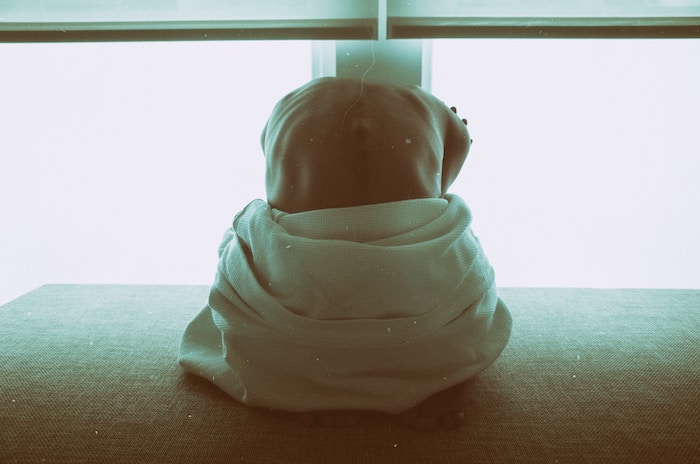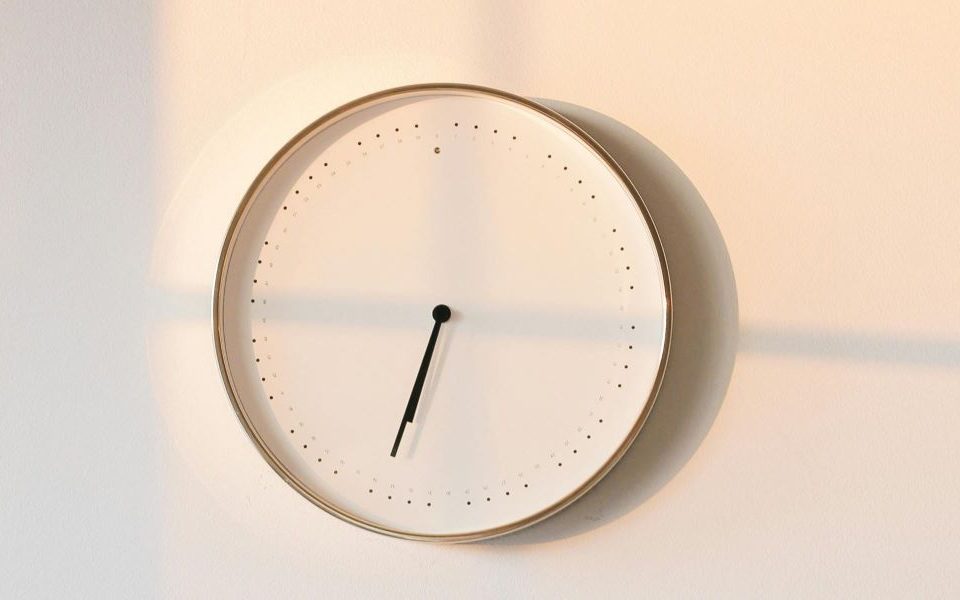
Setting a Back-To-School Sleep Schedule
August 21, 2021
How Obstructive Sleep Apnea (OSA) Impacts Sleep
September 17, 2021Being sleep-deprived affects every facet of your life, including your sex life. According to the CDC, one in every three adults in the United States is sleep-deprived, which can lead to an to an impaired sex life. Both sex and sleep are important factors in your overall health and wellness, but only recently has there been a focus on the relationship between the two.
Quality of sleep is important to ensure a good night’s rest, and to be well-rested adults need a range of seven to nine hours of uninterrupted sleep at night. A night of quality rest includes four stages and the same goes for sex. The four stages of a healthy sexual function include the desire for sex (libido), excitement (arousal), maximum excitement (orgasm), and resolution (relaxation). If any of these four steps are neglected or interrupted it can lead to sexual dysfunction, which includes problems such as lack of interest in sex, inability to get aroused, inability to orgasm, and unpleasant or unenjoyable sex. Though the majority of the problems of sexual dysfunction manifest physically, they are directly linked to relationship, emotional, and mental concerns.
Research has shown that sleep deprivation in women has caused a decrease in sexual arousal/desire. In men, interrupted sleep or lack of sleep can cause an increase in erectile dysfunction. Common sleep disorders such as obstructive sleep apnea (OSA) and insomnia have been linked to sexual dysfunction in both men and women. Further, constantly being sleep-deprived can cause an increase in depression and anxiety, which affects sexual arousal and desire in both men and women. And perhaps most intuitively, sleep deprivation can lead to challenges in your relationship, such as lack of intimacy, increased conflict between partners, and increased stress. Talk about a major turn off!
Not only does sleep affect sex, but sex can also affect sleep. When orgasm is achieved, whether through sex or masturbation, it releases hormones such as oxytocin and prolactin, which can relax the body. The level of the hormone that is linked to stress, cortisol, is reduced after having an orgasm which can lead to an uninterrupted night of rest. According to The Sleep Doctor, Michael J. Breus, deep sleep affects our hormones which directly affects our sex lives. During REM, the stage in the sleep cycle linked to dreaming is when we replenish our sex hormones (estrogen in women, testosterone in men). To achieve REM, which is the final stage in the sleep cycle, the body requires around 90 minutes of uninterrupted sleep. Therefore, if you are not reaching REM, your body isn’t given the time to replenish your sex hormones which greatly affects your sex life.
A way to improve your sex life is through improving your sleeping hygiene and habits,
•Create a comfortable atmosphere in the bedroom by adjusting the temperature, turning on warm and low lighting, and using a mattress that is conducive to sleep and sex
•Try techniques that can help with relaxation and doing them before bed
•Ensure you’re getting physical activity in throughout the day
•Get exposure to natural sunlight, especially in the morning
•Create an environment that is free of technology half an hour before going to bed
•Remove anything that can hinder a full night’s rest, such as noise and light pollution.
•Maintain a steady sleep schedule
•Stay away from things that can hinder a full night’s rest such as caffeine, big meals, tobacco, alcohol, and lengthy midday naps
If you find yourself struggling to sleep uninterrupted throughout the night or have noticed a hindrance in your sex life, feel free to reach out to learn more about sleep and its effects on your sex life.




